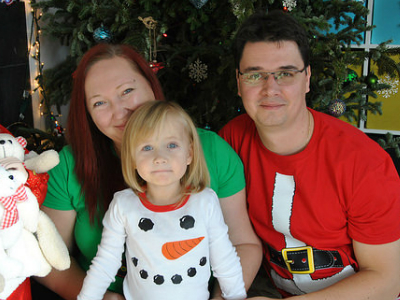Condition
Failure to Thrive (Poor Growth)
What You Need to Know
Failure to thrive (FTT) is slow physical development in a baby or child. It is caused by a baby or child not having enough nutrition.
Key Symptoms
Symptoms may include:
- Not enough weight gain for age
- Low height (or length, if a baby) for age
- Irritability
- Tiredness
- More sleepiness than normal
- Lack of age-appropriate social response
- Delayed physical movement changes
- Learning and behavior problems
Diagnosis
Failure to thrive is usually diagnosed by a healthcare provider. The following may help determine diagnosis during routine checkups:
- Height measurements
- Weight gain
- Your child's developmental growth
Treatment
Treatment will depend on many factors and may include seeing a specialized healthcare provider, such as:

Schedule an Appointment
Our pediatric specialists provide personalized care for your child’s physical, mental and emotional health needs. Meet the providers who treat failure to thrive (FTT) and schedule an appointment today.
Frequently Asked Questions
What is failure to thrive (FTT)?
What causes failure to thrive?
Who is at risk for FTT?
What are the symptoms of FTT?
How is FTT diagnosed?
How can I help prevent FTT?
How is FTT treated?
What are possible complications of FTT?
When should I call my child’s healthcare provider?
Departments that Treat Failure to Thrive (Poor Growth)

Gastroenterology, Hepatology and Nutrition
Our gastroenterology specialists provide expert diagnosis and treatments for children with digestive, liver and nutrition disorders.

Help Kids and Make a Difference
Invest in future cures to help children have brighter futures.







